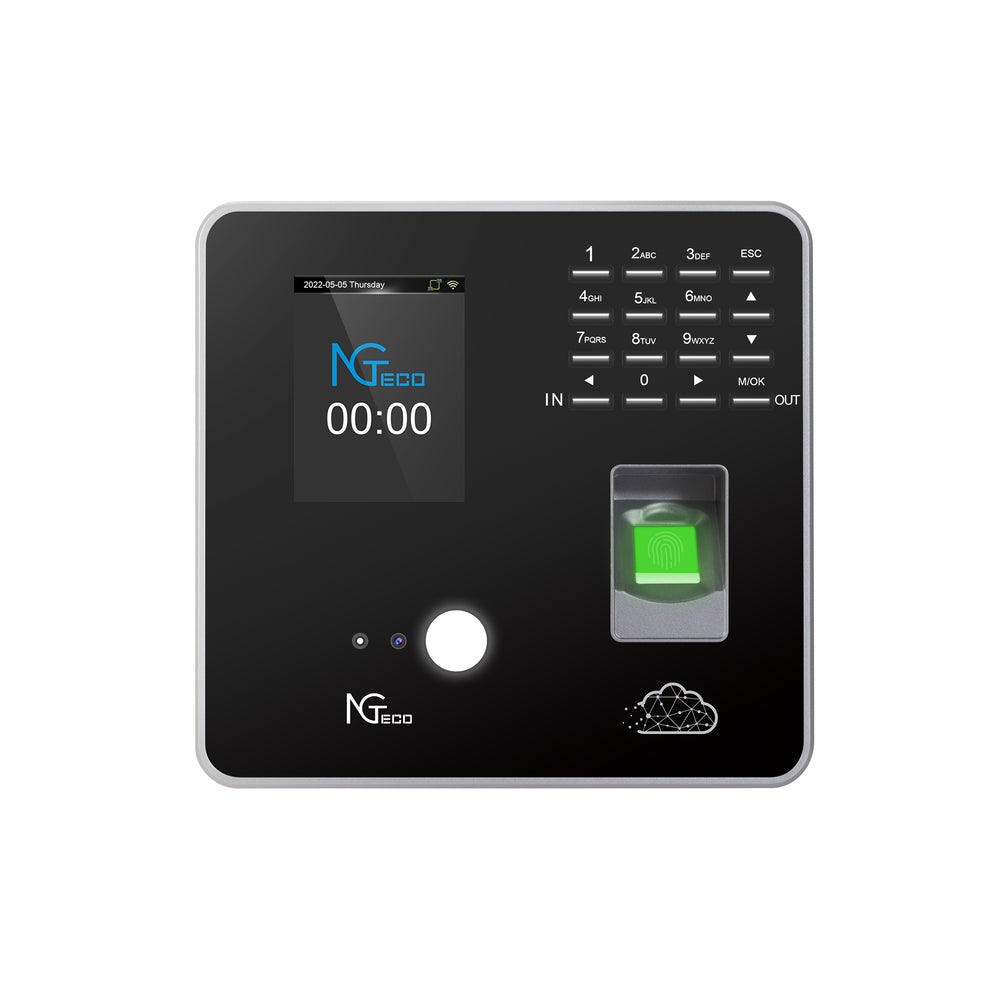Unlock the Secret to Effortless Time Management with These Must-See Work Clock Solutions!
Unlock the Secret to Effortless Time Management with These Must-See Work Clock Solutions!
In our fast-paced world, mastering the art of time management is essential for success, both in professional settings and personal endeavors. Effective time management can lead to enhanced productivity, reduced stress, and a more balanced life. One of the key tools that can help streamline this process is the work time clock. These devices or software solutions allow employees and employers alike to track hours worked accurately, ensuring that everyone is on the same page when it comes to time spent on tasks. In this article, we will explore various work time clock products available on the market, their features, and how you can choose the best solution to optimize your time management practices.
Understanding Work Time Clocks
Work time clocks are tools designed to track the hours employees spend on the job. They come in various forms, each serving the same basic purpose but offering different functionalities. The most common types of work time clocks include manual punch clocks, digital punch clocks, and software-based solutions. Manual clocks require employees to physically punch in and out, which can be simple but may lead to inaccuracies. Digital clocks provide a more modern approach, often featuring touch screens and automated tracking. Software-based solutions are becoming increasingly popular, as they allow for easy integration with other systems, providing real-time data and reports that help both employees and managers keep tabs on time spent at work. The versatility of these systems means that businesses of all types can find a solution that caters to their specific needs.
Key Features to Look for in Work Time Clocks
When selecting a work time clock, there are several essential features to consider that can significantly impact its effectiveness as a time management tool. Accuracy is paramount; an effective work time clock should provide precise tracking of hours worked to avoid discrepancies in payroll and reporting. Ease of use is another critical factor—if employees find the clock cumbersome, they may neglect to use it correctly. Integration with payroll systems is a feature that can save time and reduce manual errors; seamless data transfer ensures that payroll processing is efficient. Additionally, reporting capabilities are a vital aspect, as they provide insights into work patterns and help identify areas for improvement. By considering these features, businesses can choose a work time clock that not only meets their needs but also enhances overall productivity.
Comparing Different Work Time Clock Solutions
As you explore various work time clock solutions, it's essential to compare their advantages and disadvantages to determine which is right for your organization. Manual punch clocks are typically more affordable but can lead to inaccuracies and require physical maintenance. Digital clocks offer a more streamlined process with better accuracy but may come with a higher initial investment. Software-based solutions are often the most versatile, providing comprehensive features like real-time tracking, automated reporting, and integration with other business tools. However, they may require ongoing subscription fees and technical support. Additionally, cloud-based systems allow for remote access, which can be beneficial for businesses with remote employees. Understanding these differences can help you select a solution that aligns with your operational requirements and budget.
Considerations for Small vs. Large Businesses
The choice of work time clock can vary significantly between small and large businesses. Small businesses may prioritize cost-effectiveness and ease of use, often opting for digital or simple software solutions that do not overwhelm staff. In contrast, larger organizations might benefit from more sophisticated software-based solutions that offer scalability, allowing for tracking of hundreds or thousands of employees seamlessly. Additionally, larger companies often require advanced reporting features to analyze productivity across multiple departments. Understanding these distinctions can guide businesses in selecting the most appropriate work time clock to suit their operational scale and workforce dynamics.
Final Thoughts on Selecting Your Work Time Clock
Choosing the right work time clock is crucial for effective time management and can drastically enhance productivity within any organization. We have explored the various types of work time clocks, essential features to consider, and how needs can differ between small and large businesses. By taking the time to assess your specific requirements and understanding the options available, you can select a solution that not only meets your time tracking needs but also contributes to a more organized and efficient workplace. Embrace the power of effective time management and watch your productivity soar!
